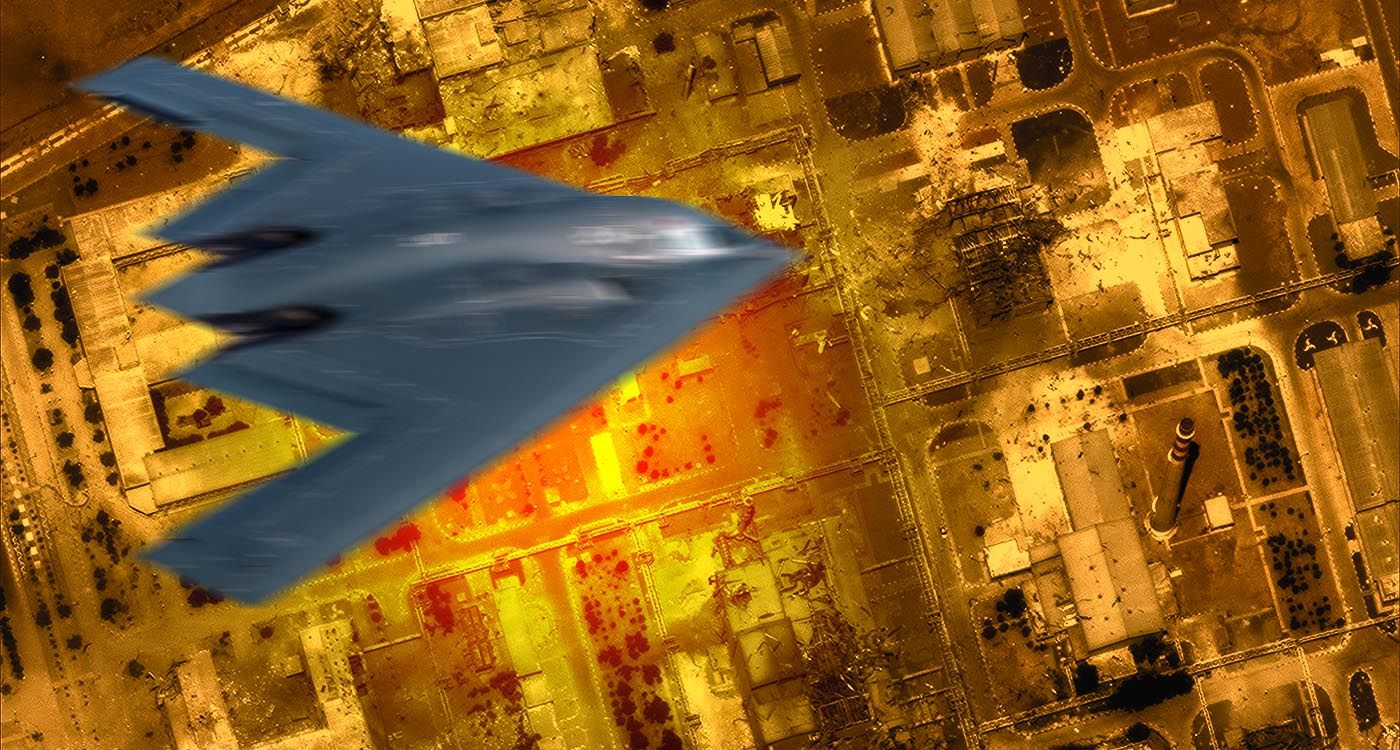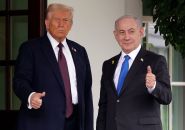- Home
- Middle East
- The Mullahs’ Regime: A Legacy of Irrational Decisions

©This is Beirut
This may apply to individuals, but it is especially true when the future of a nation hangs in the balance. In moments of acute existential crisis, the need for self-examination becomes unavoidable — a time to evaluate past decisions and their consequences. In the uniquely complex case of the Islamic Republic of Iran, this means asking fundamental questions — not only in light of the attacks launched by Israel and the United States, but also by reexamining the path the regime in Tehran has followed since 1979.
Was the objective of the mullahs’ regime — or more accurately, had it ever been — to “liberate Palestine” and wage an all-out war against Israel? Or was it primarily driven by the desire to confront the United States, which it had labeled the “Great Satan” as early as 1979? Or was the real ambition to establish Iran as a dominant regional power, under the guise of exporting the Islamic Revolution?
These questions point to an unsettling reality. Since the overthrow of the Shah in the late 1970s, the Khomeinist regime has followed a deeply irrational course — one devoid of any pragmatic, forward-looking vision grounded in regional or international realities. Instead, it chose to define itself through a crude brand of anti-Americanism, fueling a hostile, warlike popular mobilization built on illusions and driven by the populist slogan of fighting the “Great Satan.”
When President Donald Trump ordered B-2 bombers to strike Iran’s three nuclear sites, he — along with many Americans — likely had not forgotten the storming of the US embassy in Tehran in November 1979. Islamist students loyal to Khomeini seized the chancery and held 52 American diplomats and citizens hostage for 444 days. He also likely recalled the deadly bombing of the US embassy in Beirut in April 1983, which killed 63 people — including several CIA officers — and was attributed to Hezbollah and the Revolutionary Guards. Not to mention the catastrophic terrorist attack that October on the Marine barracks near Beirut’s airport, which claimed 241 lives and was also linked to the pro-Iranian militia. These events were further fueled by mass rallies chanting “Death to America.”
The mullahs’ regime professed to be engaged in an uncompromising struggle against the United States. But was it truly cognizant that it was confronting the world’s preeminent superpower — one possessing unparalleled technological advancements, particularly in military capabilities? It likely took the three air raids on the night of June 21–22, coupled with the deployment of an impressive American armada — three aircraft carriers, dozens of fighter jets, a submarine and several warships — for the regime in Tehran to face the harsh and humiliating reality of overwhelming American supremacy.
The Islamic Republic positioned itself as a standard-bearer in the fight against Israel, while simultaneously seeking to assert itself as a regional powerhouse. But was it truly unaware that achieving either goal required building a strong and prosperous economy, along with fostering a modern, pluralistic society open to the world — rather than flogging young women over a stray lock of hair or hanging youths for daring to sing and dance in public?
Furthermore, was the mullahs’ regime unaware that challenging Israel also required building an intelligence service and an extensive network grounded in scientific, technological and professional expertise? And that, to secure a meaningful role in the Middle Eastern balance of power, it needed to foster strong international alliances — rather than launching hostile campaigns against Gulf countries or establishing militias in certain Arab states and Gaza that maintained control through repression, coercion, assassinations, threats and intimidation? To make matters worse, the Khomeinist regime failed to understand that it could not count on the support of respected, friendly states in times of crisis by establishing terrorist cells across several European countries or maintaining mafia networks in Latin America.
The fatal error likely made by the Islamic Republic — and one it paid dearly for on the night of June 21–22—was its stubborn pursuit of a nuclear program aimed at achieving the coveted status of a regional power. Yet it was clear that crossing this red line was unacceptable in this part of the world, as evidenced by Israel’s air strikes that destroyed Iraq’s nuclear reactor in June 1981 and Syria’s in September 2007, as well as the intense pressure exerted by the United States and the United Kingdom in December 2003 to compel Libyan leader Muammar Gaddafi to abandon his nuclear ambitions.
These developments made it abundantly clear that neither Israel, the United States, the Gulf states nor European countries would accept a nuclear arsenal in the hands of an authoritarian regime that ruthlessly crushes all internal dissent. By failing to acknowledge — or even confront — this reality, the mullahs’ regime allowed investments totaling no less than $150 billion over nearly thirty-five years to go up in smoke on a nuclear program that was doomed from the start in the late 1980s. Given the circumstances, it is easy to imagine how much more could have been achieved if those resources had been directed toward developing productive industries and improving the lives of a population that, in recent years, has demonstrated remarkable resilience and determination.
Over thirty-five years, the mullahs’ regime has exhibited staggering political blindness. It has compounded miscalculations and poor judgment, made misguided bets on the nuclear program and steadily sunk deeper into irrational decisions.
Read more




Comments